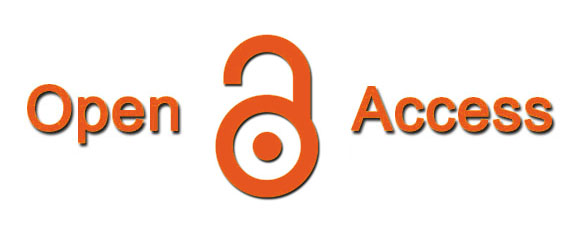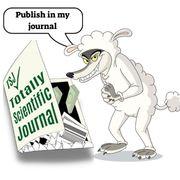Open-Access Publishing
Tel Aviv University Libraries and MALMAD have reached an agreement with leading publishers, which allows TAU researchers to publish open-access articles free of charge (NO APC) or with a significant discount.
Which publishers and journals are included in the Open Access agreements?
New at the library: A search system for journals included in the Open Access agreements:
Which open-access journal can you publish your research in?
The Reference team in the Library of Life Sciences and Medicine will check which of the Open Access journals included in the Open Access publishing agreements suit your research topics and send you a list sorted by Impact Factor, Q, and the categories of JCR. This service is free of charge.
How do you publish with reduced or no APC* according to the agreements?
1. The journal you choose must be from the titles included in the publishers' OA agreements.
2. The corresponding author must use their Tel Aviv University e-mail: YourUserName@tauex.tau.ac.il
Don't remember your institutional e-mail? Contact the University Information Technology & Computing Division:
By phone: 03-6408888 or by e-mail: helpdesk@tau.ac.il
Important! Using any other e-mail address may result in full charges
3. When submitting the article, State that your affiliation is Tel Aviv University Next to the author's name and at the article level
A complete list of agreements by publishers:
Click on the publisher's name for full information about journals included in the agreements*:
*Additional charges, such as: submission fee, page or color charges are not covered by the agreements.
Notice: to get the full you must follow the following instructions from the publishing guide:
Authors from institutions with affiliation discounts can apply them using the "Affiliation Discount" search box when paying for their APC in RightsLink. In RightsLink, authors should select the correct institution name from the search results and click the blue "Apply Discounts" button to adjust the total amount due. Please note that the discount will be under the parent institution's name rather than a department or sub-body. For example, the discount will be associated with "Learned University" rather than "Learned University, Department of Mathematics."
- Publisher agreement
- A step-by-step guide for open-access publishing
- In all the publisher's journals
- Publisher agreement - NO APC only (Additional charges, such as page or color charges are not covered by the agreements)
- List of the publisher's hybrid Open-Access journals included in the agreement
- List of Gold Open-Access journals - 15% discount
- Publisher agreement
- A step-by-step guide for open-access publishing
- In all the publisher's journals
- Publisher agreement
- A step-by-step guide for open-access publishing
- List of journals in the Sage Choice agreement - Reduced payment of 200£
- List of Sage Gold Open Access journals - 20% discount
- Publisher agreement
- A step-by-step guide for open-access publishing
- The list of the publisher's open-access journals included in the agreement consists of Development, Journal of Cell Science, and Journal of Experimental Biology.
- Publisher agreement
- An author applying to the journal's editorial board to publish an Open-Access article (Corresponding Author) must open an account on ScholarOne Manuscripts using the TAU institutional e-mail address.
- The list of the publisher's open-access journals included in the agreement consists of European Respiratory Journal, European Respiratory Review, and ERJ Open Research.
What are the advantages of Open Access publishing?
- An increased number of citations and improved reputation for the researcher: when an article is accessible to the research community worldwide, more readers can cite it. The increase in the number of citations helps boost the researcher's impact and the rank of the university.
- Research availability makes plagiarism harder.
- More chances to cooperate with researchers inside the university and worldwide.
Why publish with these publishers?
- Lower cost for the researchers.
- Articles are peer-reviewed.
Glossary:
- APC - Article Processing Charge - A fee charged to the author, creator, or institution to cover the cost of an article rather than charging the potential reader of the article. APCs may apply to both commercial and Open Access publications. APCs are sometimes charged to authors to cover the cost of publishing and disseminating an article in an Open Access scholarly journal.
- Corresponding Author - The corresponding author is the one individual who takes primary responsibility for communication with the journal during the manuscript submission, peer-review, and publication process.
- Peer-Review - is the independent assessment of your research paper by experts in your field. Its purpose is to evaluate the manuscript's quality and suitability for publication.
For further information, please contact Marina Bialik, Head of the Library's Acquisition and Electronic Resources Department:
E-mail: marinab@tauex.tau.ac.il
Tel: 03-6409196





